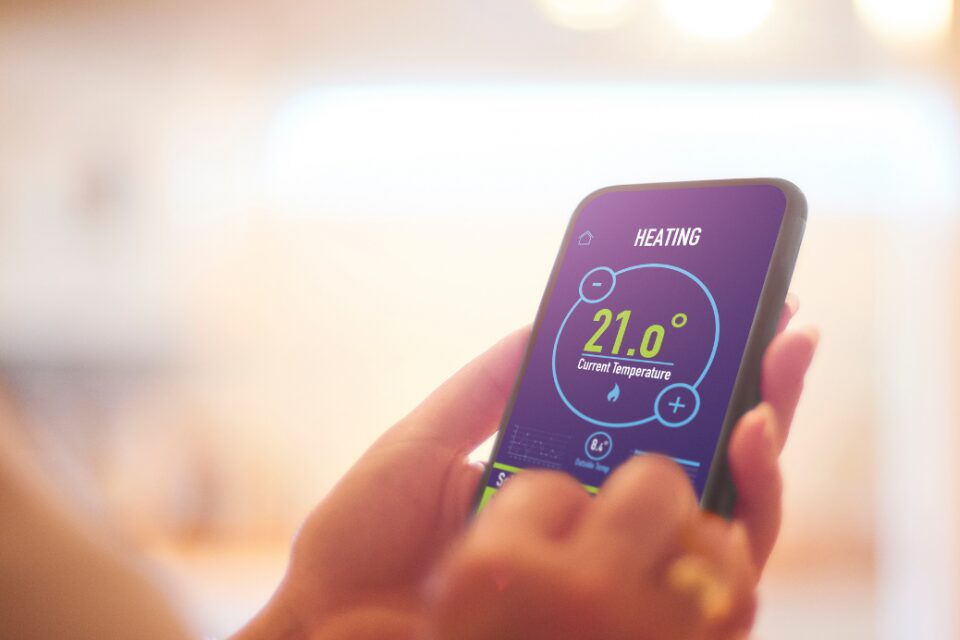The way in which the message has been delivered by the media and press about the energy price cap has led to a lot of confusion. I’ve been inundated with emails and messages, and I’ll jump straight to the chase. Bills are NOT really capped at £2,500.
What has been capped is the unit rate for gas and electricity (the cost per kW hour) and it’s been capped at an average of 34p/kWh for electricity and 10.30p/kWh for gas for homes in the UK if you’re paying by direct debit, and the tariff may vary slightly depending on which energy region you’re in. For example, the tariff in North Wales & Mersey is more expensive than other parts of the UK at 35.982p/kWh.
Many people we’ve received emails and messages from have either installed a heat pump (or are thinking of installing one) and are under the assumption that they can run it full tilt and that their bill won’t exceed £2,500. That is not the case. Your total energy bill can still be over £2,500 if you’ve exceeded 7,352kWh in electricity (at 34p/kWh). By extension, it’ll be lower than £2,500 if you’ve used less energy.
Those households that have signed up for a fixed tariff that exceeds the cap (we’ve been contacted by some people that locked in at 55p/kWh for electricity and are now panicking) will now also allegedly pay the newly capped tariff fee.
The takeaway message for this winter (and the future) is to cut your energy usage as much as possible. The less you use, the less you’ll pay. Also, understand your electricity and gas consumption, and double check your bills to ensure that you’re not paying more than the price cap for your region. Some energy providers are prone to “errors” so stay on top of them.
Those lucky enough to be paying less than the price cap will continue to pay the lower tariff.
To answer another recurring question, under the new price cap tariffs it is cheaper in most cases to run a heat pump than a gas boiler because of a heat pump’s coefficient of performance (COP) versus the 90% efficiency of a gas boiler. If global oil prices remain stable and kerosene stays under £1 per litre, the cheapest way to heat a home in the UK this winter will be an oil boiler, which doesn’t really help the environment, but that’s the reality of the situation that the UK, Europe and much of the world has found itself in.
Energy Bills Support Scheme
On a semi-related note, if you’re eligible for the government’s Energy Bills Support Scheme £400 discount, you’ll get an automatic reduction of £67 a month from October 2022 to March 2023. If you’re eligible, don’t change your payment method from direct debit because you’ll lose the discount.
This process is also automatically applied to your account so make sure that your October bill has a £67 discount applied.
We’ve also seen reports of scammers calling people to get their credit card details to “pay them” their £400 discount. If you receive such a call, do not disclose your credit card details. This scheme is for direct debits only so no one needs your credit card details. If you think you’ve been contacted by a scammer, you can report them here.


